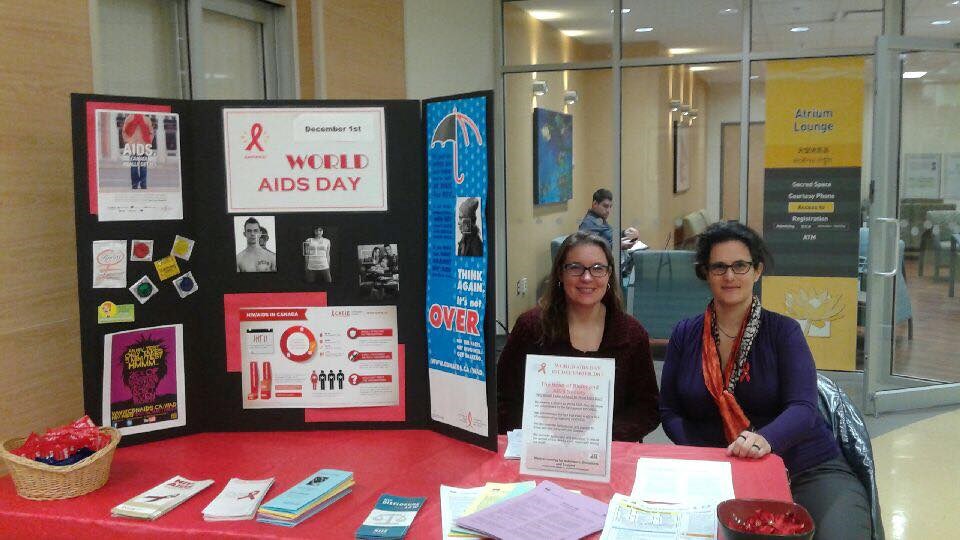A Richmond clinic is celebrating their 20th anniversary of providing services for people affected by HIV and AIDS, and combating the virus’ stigma just in time for World AIDS Day on Dec. 1.
Gilwest Clinic, an HIV clinic based out of Richmond Hospital, is one of a few specialized clinics that provide such care in the Lower Mainland. Open to anyone, the clinic provides life-long care and service to people living with HIV or Hepatitis C.
This year, Gilwest aims to highlight preventive programs and stigmas around HIV in the province such as Pre-Exposure Prophylaxis (PrEP) – a fully funded strategy that the province has added to its HIV program to combat infections in B.C.
PrEP is a preventive strategy for people who are not diagnosed with HIV but could be at risk of contracting the virus from their sexual partners or other means of transmission.
Ayesha Haider, the social worker with Gilwest Clinic, said “it’s a work in process (and they) must continue to educate people around stigmas and prevention.”
She added there’s a decrease in Richmond’s HIV incidence numbers as a “reflection of the general decline in HIV transmission rates in the Lower Mainland.”
According to Vancouver Coastal Health (VCH), HIV diagnoses in the region declined from 174 cases in 2011 to 87 in 2018.
Haider explained Richmond’s decline in HIV incidence numbers are a reflection of the general decrease in transmission rates in the Lower Mainland.
“This was made possible through a focus on ‘treatment as prevention’ as well as other harm reduction measures including education to reduce stigma and raise awareness, outreach for timely detection and regular testing for sexually transmitted infections (STIs).”
Dr. Mark Hull, an investigator for CIHR Canadian HIV Trials Network, said “The province, as a whole, has taken many steps to look at HIV treatment and HIV prevention, which is one of the most important parts of health care.”
The main thing, Hull said, is that BC has been able to demonstrate the concept of treatment as prevention; people who are able to receive medication for their health mean there’s less of a risk for them to pass it on to loved ones.
“Just because someone (has HIV) doesn’t change who they are.”
World AIDS Day is an international day committed to raise awareness of the AIDS virus through the spread of HIV infection, and to remember those who have died of the disease.



